Photos by Gus Bennett
Makeup by Phoenix of Karmen Cosmetics
Post Soundtrack: Mama Africa by Peter Tosh
Gus: My studio is my sanctuary. It’s where I am most comfortable creating. Before opening my space, I had everything removed from the building. The space was blessed and I played classical and ambient music for about one month before actively photographing anyone or anything. I wanted the vibe to be that of peace and solitude. I wanted my subject to forget the outside world and relax to the experience of having their image taken. I encourage everyone who enters my space to take his or her shoes off and relax. It is from this premise that I am able to capture the magic that is hidden in everyone. Once you enter the threshold of my front door, you are no longer considered a stranger.
This session was created from that peace and solitude. Nothing forced. Nothing contrived… just a beautiful session. Thank you Denisio and Mwende for the opportunity to collaborate with the both of you.

Lip Color: Molten + Drákon | Karmen Cosmetics
Earrings: Mbegu | Noirlinians Collection for DOPEciety
Joan: Being of African descent, it was apparent to me that I was different from an early age. People never knew how to pronounce my surname, the food I ate was different than what my friends ate, and my skin was a darker shade of brown than anyone else I knew. When I was younger, all these differences made me uncomfortable, I didn’t notice any similarities between myself and the people I idolized on TV or in movies. The diverse town I grew up in readily celebrated multiculturalism, but African culture seemed to be forgotten and pushed to the side. I couldn’t help but feel like an outsider. My family life became the safe haven where I could explore the different aspects of my identity and learn to embrace myself fully. The traditional Nigerian clothing my mother would dress me in made me feel like a princess. The “Ankara’s” my mom would have designed for the family and matching “Gele’s” she had made for my sister, her, and myself would make the entire family look like royalty. My parents never allowed my siblings and I to forget our roots as we took trips to Nigeria often, traveling to the villages where my parents were raised; I even attended boarding school in my father’s village in the state of Ekiti. My culture was deeply instilled in me and I found a new sense of identity I can never forget. All the insecurities I had about myself slowly faded away and turned into sources of pride. These feelings of true identity surmounted my self-doubt my second year of college in New Orleans. I began to link my identity as African with my identity as an African-American and understand that these two identities I hold make me complete and whole and can only fully exist when they are brought together. Now New Orleans is the city where I feel the most beautiful, where I have discovered a sense of self and validation that I would not have found in any other city. New Orleans doesn’t ask me to be anything other than who I am and as I explore more of this city and all of its hidden gems, I see that so much of the belonging and meaning I looked for in my surroundings exists in the history, and future, of the most African city in America. As I continue to grow into my own identity I’ve learned that my surname makes me unique, the delicious and distinctive food I eat is part of my distinct culture, and my skin is one of the most beautiful parts of my being. New Orleans allowed me to realize how blessed I am to be African and to be able to possess unique traditions as part of my cultural identity.

Neema Maria Nyambura Murimi (Kenya)
Lip Color: Haze + Spark | Karmen Cosmetics
Earrings: Kahawa | Noirlinians Collection for DOPEciety
Neema: New Orleans is the kind of city that allows me to be me. Not that I let any place dictate who I am or what I do, but when I moved down here I felt this kind of release from the status quo that had tried to cling to me in North Louisiana. “You’re different,” I’d hear both black and white people say. No one could quite pin me down because I was a cultural composite of Kenyan, British, Midwestern and Southern American cultures to varying degrees. They also couldn’t pin me down because even aside from those factors, my Maker didn’t create me as conventional, quite frankly I’m the opposite. My mama and one of my best friends have both described me as “unpredictable.” And I believe that within the element of surprise found in unpredictability, there is a celebration and childlike excitement that is innate within me, and it meets with the uninhibited nature of New Orleans to bear a new Neema, if you will.
I love that I can sing out loud and dance in public, not for money or performance, and people hardly think anything of it. Unique forms of personal expression are not only accepted in New Orleans, they are strongly encouraged and seen as vital. This city has a strangely foreign and non-Western societal mentality in that regard. It is beautiful and it helps give me life. New Orleans is open to the world and what different cultures may offer it, and in that I whisper and shout prayers to my God for this land and its people.

Maureen Nicol (Sierra Leone)
Lip Color: Drákon + Flare | Karmen Cosmetics
Earrings: Kahawa | Noirlinians Collection for DOPEciety
Maureen: With both of my parents being from Sierra Leone and my extensive travel through Africa, I could not imagine (happily) living in any other American city. There is a sense of familiarity, coziness and resourcefulness about this city that reminds me of being at home in my family’s house or my adventures in Africa. I think the familiarity is what has me hooked. I have been living here for about 3 years and moved to New Orleans on a whim. I was living in Tanzania for two years and promised my mom I would move back to the States because she just could not bear the idea of me living out of the country any longer. I told a friend that I wanted to move back to the States and live somewhere with a strong sense of culture, that was inexpensive and where I could serve a demographic of students that looks like me. The only city that came to mind was New Orleans. Similar to many African countries, this city is unapologetically what it is, messy in the most beautiful way and filled with the most resilient, resourceful and humble people I have ever met. In my opinion, as a first generation American it is hard to feel at home and settled especially when away from family, but this place feels just right.

Leah Justina Nkechinyere Anyanwu (Nigeria)
Lip Color: Molten | Karmen Cosmetics
Earrings: Mbegu | Noirlinians Collection for DOPEciety
Leah: Growing up as a Nigerian-American I faced a dichotomy between disowning my heritage to better assimilate, and embracing my culture. When my friends asked if my father hunted goats with his bare hands I laughed it off, pretending I was not offended. I remember suppressing feelings of pride, instead feeling embarrassed when my father donned his traditional agbada and sandals to my school events. Teachers wouldn’t attempt to pronounce (or even spell) my surname correctly. As I grew older, I quickly realized having a strong sense of culture and identity is a luxury for blacks in America. I am thankful that my parents instilled a sense of pride in our tradition. This sense of racial identity fostered my confidence. I emulate my father and his unwillingness to compromise his heritage. I emulate my uncles who moved to the states and humbly hustled in the face of discrimination. I emulate my cousins who were born in Nigeria but proudly carried their accent even when ridiculed. I emulate all the dope Africans in America who represent their nation and embrace their unique culture.
The African influences throughout New Orleans makes me feel at home. Like the intricate beading in the Mardi Gras Indian costumes, the African culture is deeply woven throughout the Crescent City. From the rich okra gumbo similar to egusi, to the rhythmic drumming on Sundays in Congo Square; New Orleans IS the most African US city. New Orleans is a city where culture is celebrated daily and fly African-American sister friends second-line down the street. A culture so resilient it has survived all attempts to erase it.

Samia Lalani (Kenya, Egypt)
Lip Color: Drákon | Karmen Cosmetics
Earrings: Kahawa | Noirlinians Collection for DOPEciety
Samia: I’ve had a conflicted racial identity since I moved to America at 15 years old. I was raised in Toronto, a multicultural city with a mix of immigrants from all over the world. I was never questioned about my race – just about my culture and where my parents were from. When I moved to Atlanta, I was asked regularly what race I was. My answers of culture and heritage never seemed to satisfy anyone. I needed to be sorted into categories, into race boxes. But I never fit neatly inside just one. Being adopted didn’t help my confusion. I am Egyptian and Omani by blood and, by culture, Indo-Kenyan and Pakistani. No matter what I’m feeling at the time, I’ve always had an intimate connection to Africa. I feel bonds to both Egypt and Kenya. I connect to the rich history in Egypt and my ancestors there. I connect to my mother’s cultural roots in Kenya and India. I feel solidly African, but also Arab and South Asian. My mixed heritage can sometimes be confusing to both myself and those around me, but I am not just one thing – and that is entirely okay.

Mwende Katwiwa (Kenya)
Lip Color: Soot + Smoke Signal | Karmen Cosmetics
Earrings: Kengele | Noirlinians Collection for DOPEciety
Mwende (taken from our first post Down by The River): My momma told me New Orleans reminded her of home. She told me of the roosters strutting like kings on dirt roads around the city, of the sweltering heat and the beaded sweat on the smiling familiar faces of midnight’s children that sometimes spoke in a tongue she couldn’t always hear but seemed to understand. Still…I never knew exactly what she meant when she said it reminded her of home. Wasn’t sure if it was because she never went further into it (she can be short/mysterious like that sometimes), or because I didn’t really know what homefelt like, and I didn’t want to admit that if she told me, I still might not understand. Home has always felt like a feeling of longing. Of unknowing. A thing others easily talked about like the familiar taste of a home cooked meal taken from the family cookbook. It sat on my tongue like the hollow memory of something I once tasted but had long since lost the words for and didn’t have a recipe to remember.
I don’t know if I lost it or if it was taken from me. I don’t know if I’ll ever get it back or if I’ll recognize it and want it if I do. Sometimes I wonder if I ever lost it in the first place or if I lost myself.
I’m 23 years old.
I’m 23 years young.
I’m 23 years of searching.
Since coming to New Orleans I’ve started to unpack alot of what it means to be an immigrant and claim home in a country I mostly grew up in, but is still so foreign to me. I know how much of my willingness to finally do so has to do with how familiar New Orleans seems even though I’d never been here before I moved here right after high school. You know how sometimes you’re in a random place feeling alone and you see someone and know immediately they’re Kenyan (don’t ask me how…it just happens. and it always happens) so you strike up a conversation and an hour later you’re having chai and chapati at one of your houses? New Orleans felt like that familiar face when I couldn’t recognize anything around me, even myself. Outside of physical space, it’s been a quicksand journey for me to find home within my body and be comfortable in it after a lifetime of what friend and fellow African immigrant and artist Rebecca Mwase once beautifully described in her work “Looking At A Broad” as being “an immigrant in my own body“.
I’m still not sure exactly what home is both in body and location, and New Orleans is a hard place in a hard time to explore such hard things, but I’ve never learned so much from a new place that somehow never quite felt new. A place that has made learning feel like remembering. A place that welcomed me as a Noirlinian, but challenges me to explore what it means to finally feel like I may have come close to this thing called home in a place where so many have been denied it in a way that is eerily familiar to the stories I hear about my grandparents displacement during colonialism. I’m learning that familiar doesn’t always mean good. But I’m still learning, still loving and still looking for this thing called home.

Denisio Truitt (Liberia)
Lip Color: Haze | Karmen Cosmetics
Earrings: Kijani | Noirlinians Collection for DOPEciety
Denisio (taken from our first post Down by the River): I felt my whole self the day I arrived to live in New Orleans. Felt the weight of my body pulling through thick wet curtains of unrelenting heat. The movement felt slower, more purposed, no longer the jaunty strut of a 20 something trying to prove her worth but rather a 30 something divorcee full from living an entire lifetime and on her second helping. Felt the deja vu in the accents that sounded like my mother’s kin – short e’s and throaty o’s and words that trailed off into the sticky air. Recognized my ancestor’s night sky skin, high cheekbones, well-defined shoulders and eyes full of pain – and joy – and hard living in the bodies of strangers. Witnessed women balance heavy loads atop their heads as though they were at market in Monrovia. For a second generation African who spent the majority of her life in a country that never truly felt like home, there are parts of New Orleans that feel more home, more African than I’ve ever felt outside of family gatherings. Its as though there is a concentrated energy, an undiluted ancestral essence that has remain preserved here despite (continued) efforts to wipe it out.
New Orleans is the first city I’ve chosen. My life circumstances have caused me to float about like driftwood but this place I chose without a second thought. And my life has been nothing but second third and fourth thoughts. New Orleans for me is a beautiful, haunted, resilient, difficult, complex place. It’s not something that can be put in a box, or summed up in flowery language. And its HARD, hard in a way that is familiar to some Africans as life. New Orleans is something I am still learning about. Just when I think I’ve grab ahold of it it slips from my hand. But I’m willing to stay, listen and learn about my new home from the native daughters and sons of this very special place.

Noirlinians is a love story by two wandering Daughters of the African diaspora
Follow us on Instagram & Twitter: @Noirlinians
Like Us on Facebook


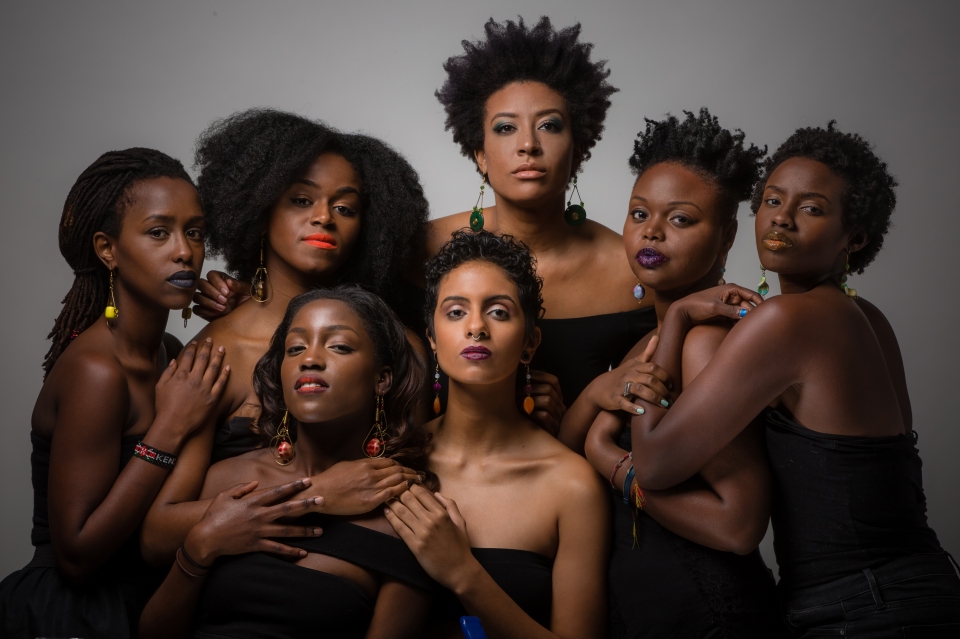
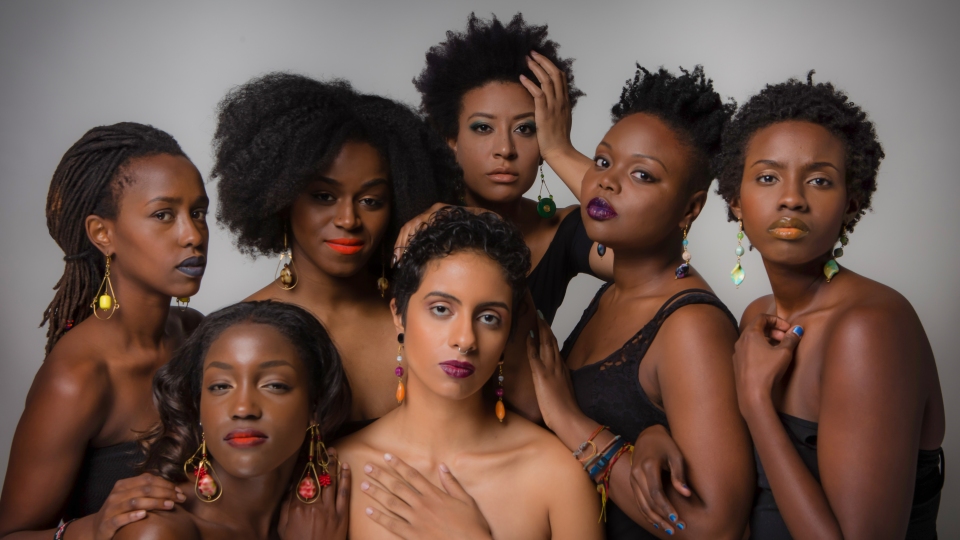
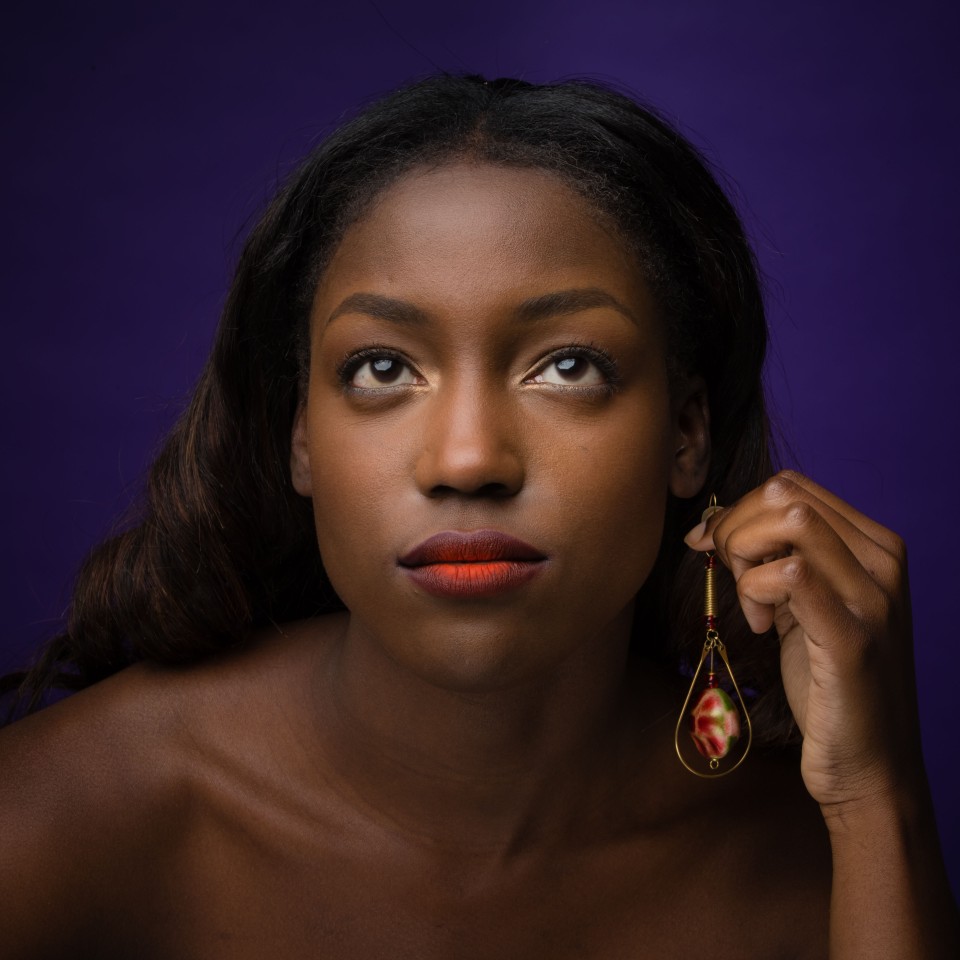
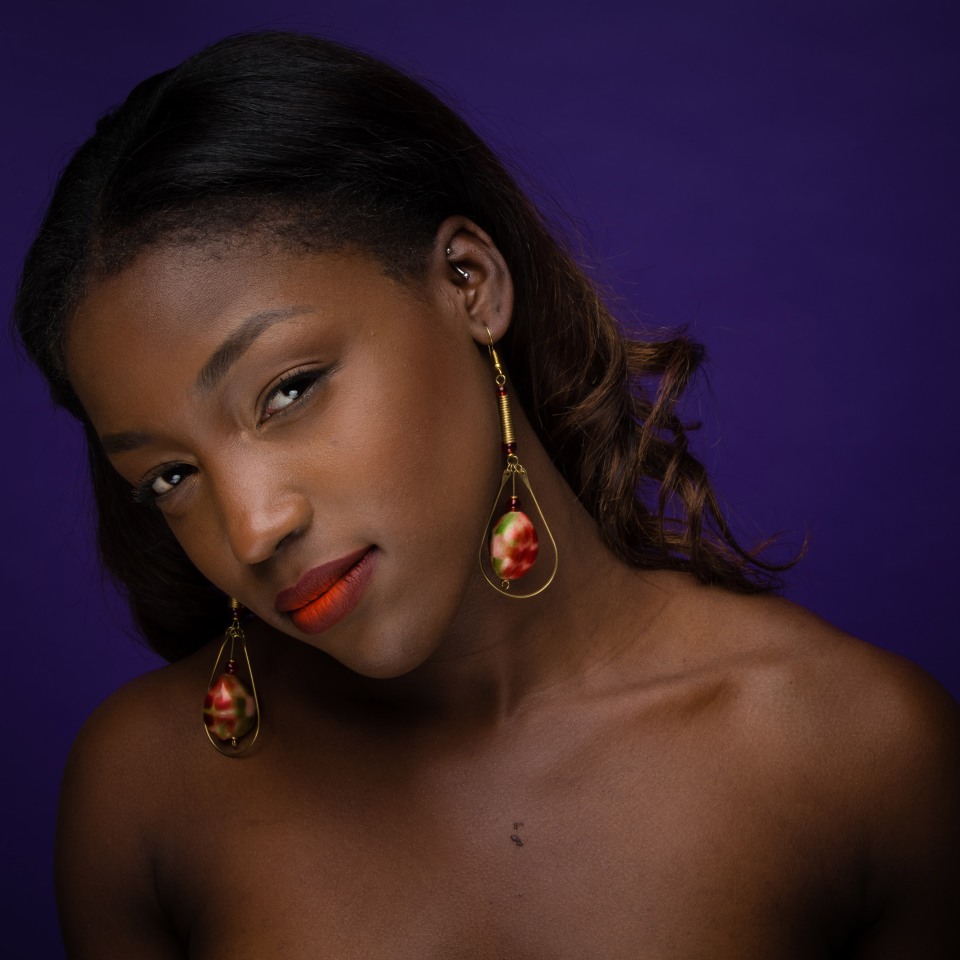
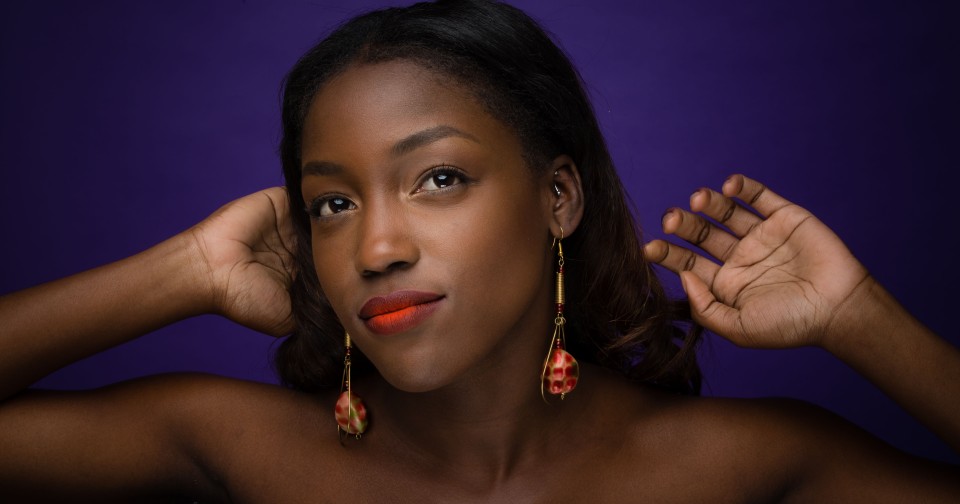
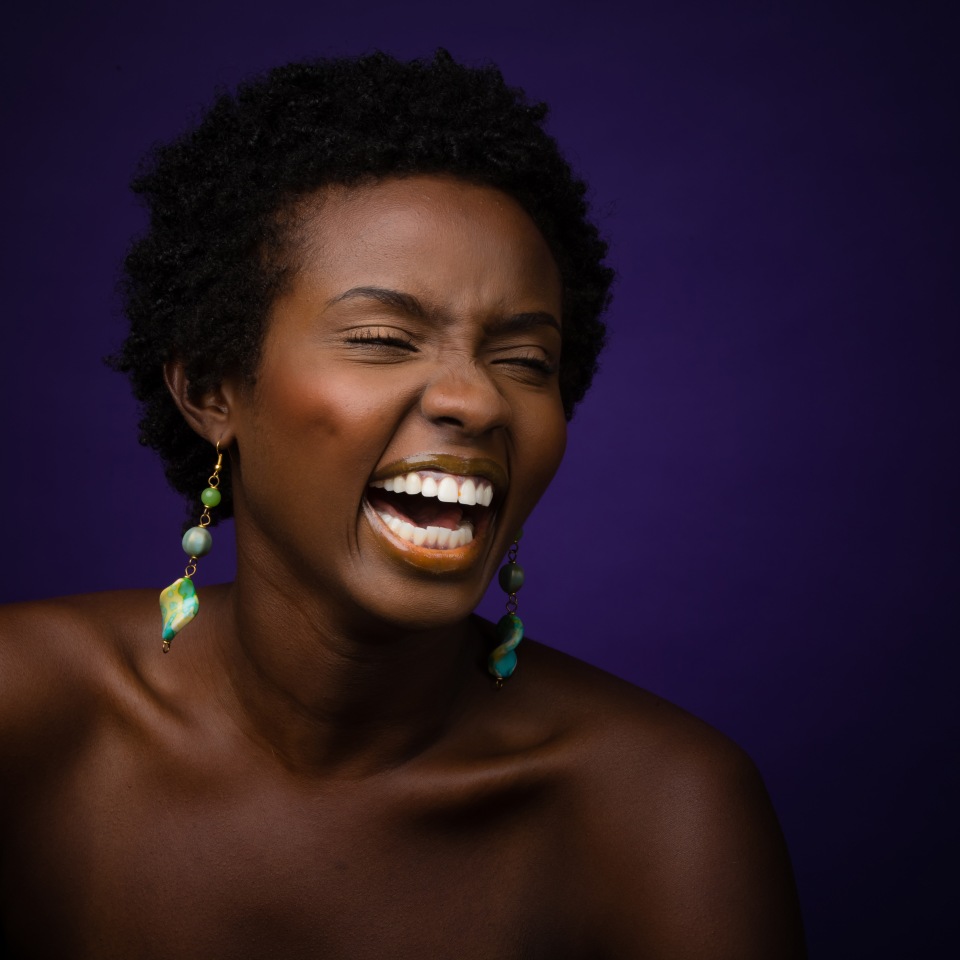
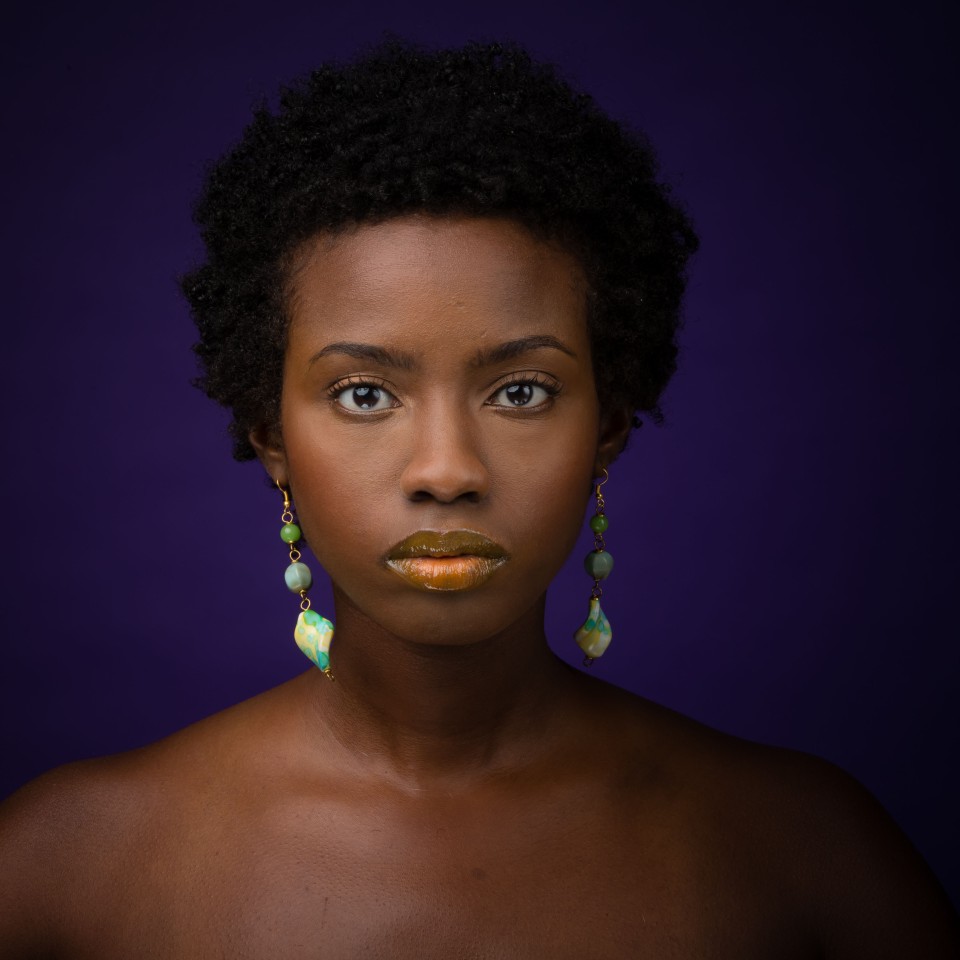
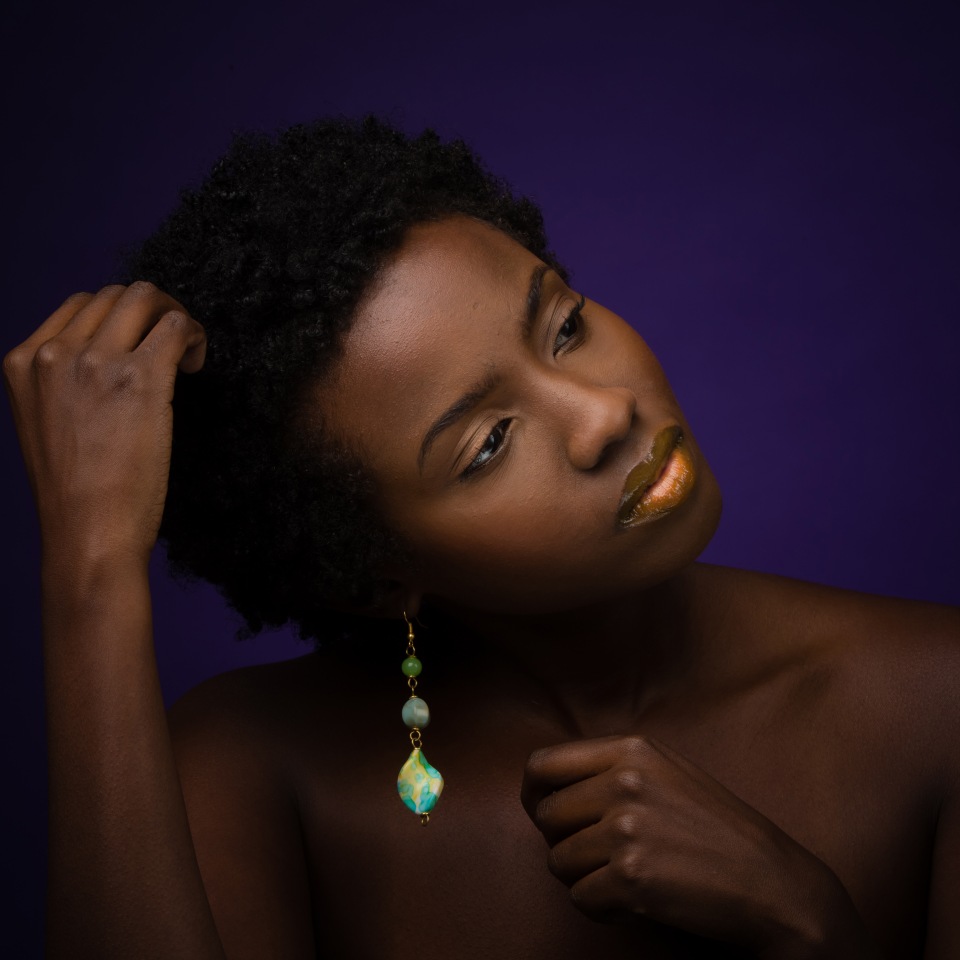


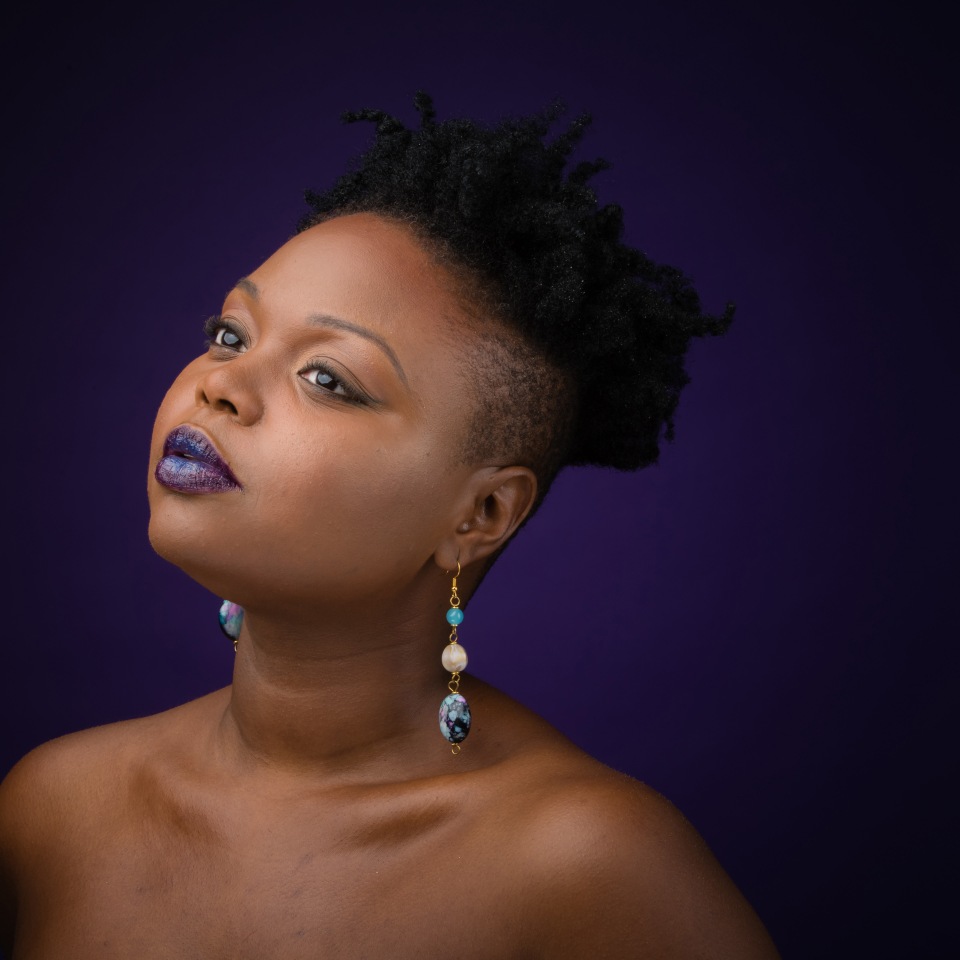
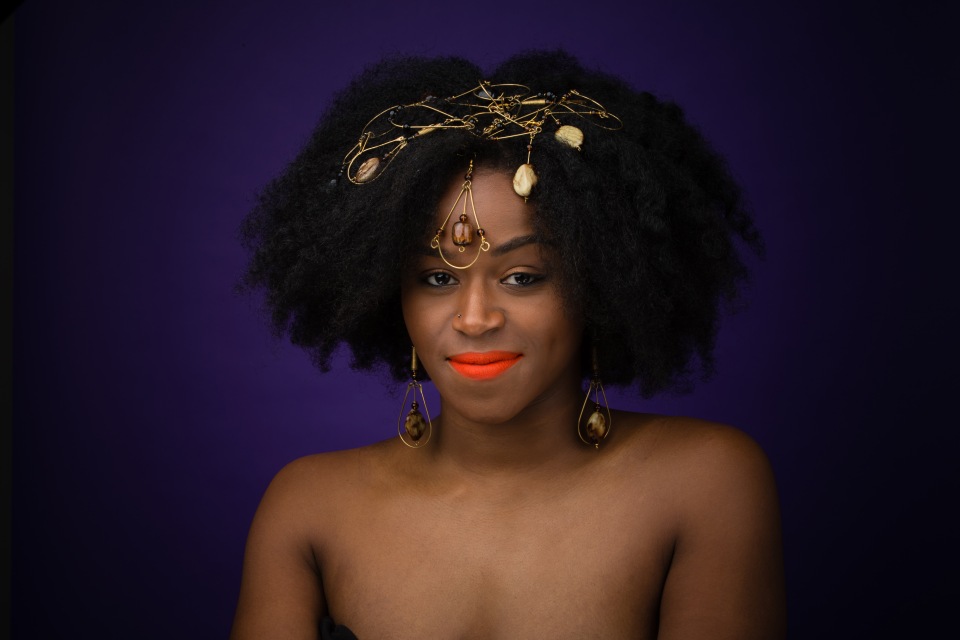
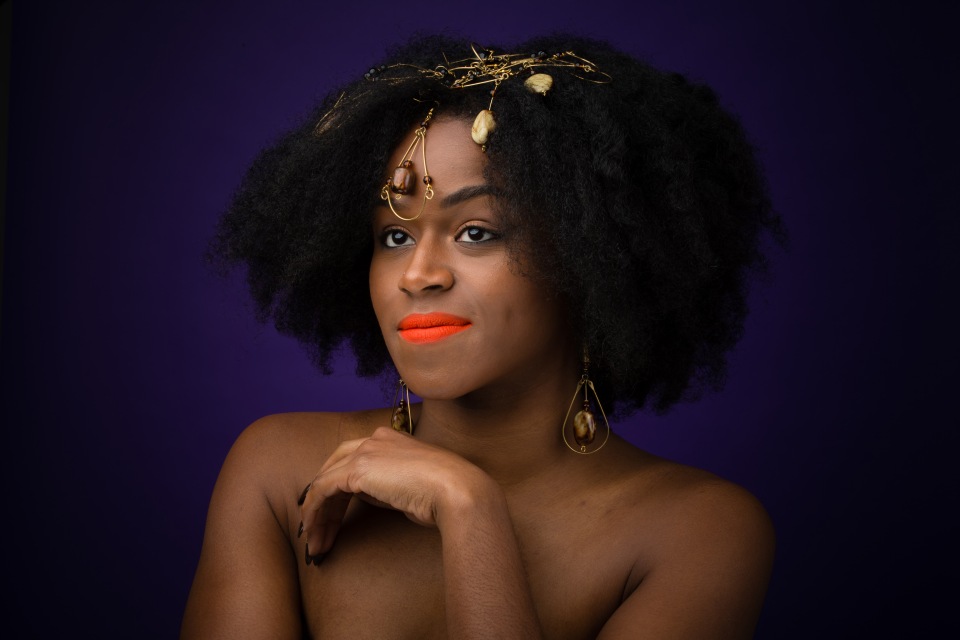
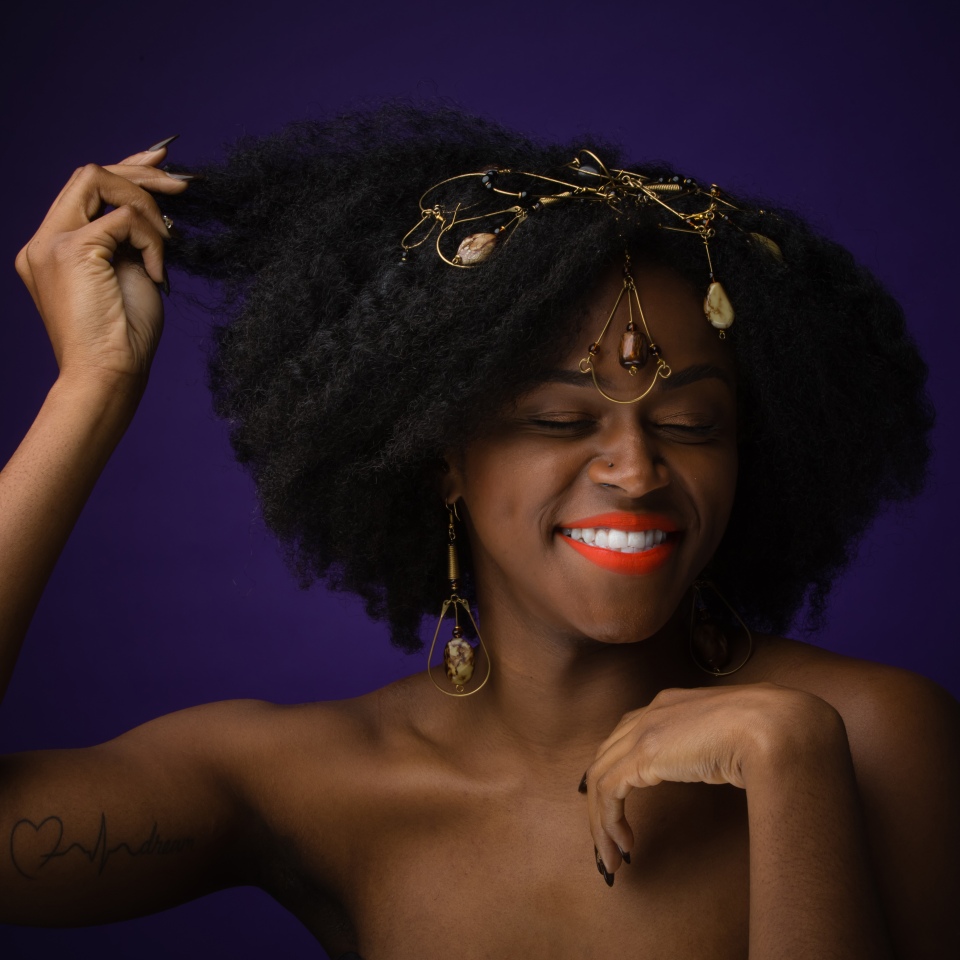
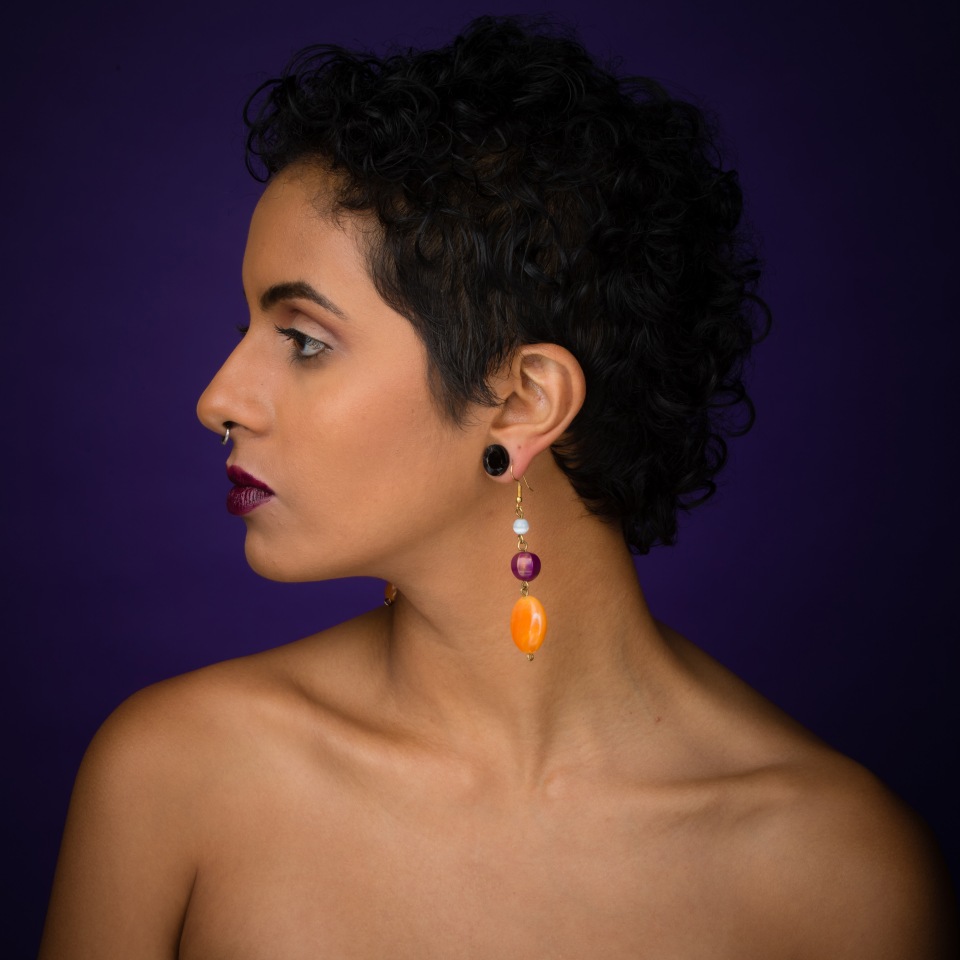
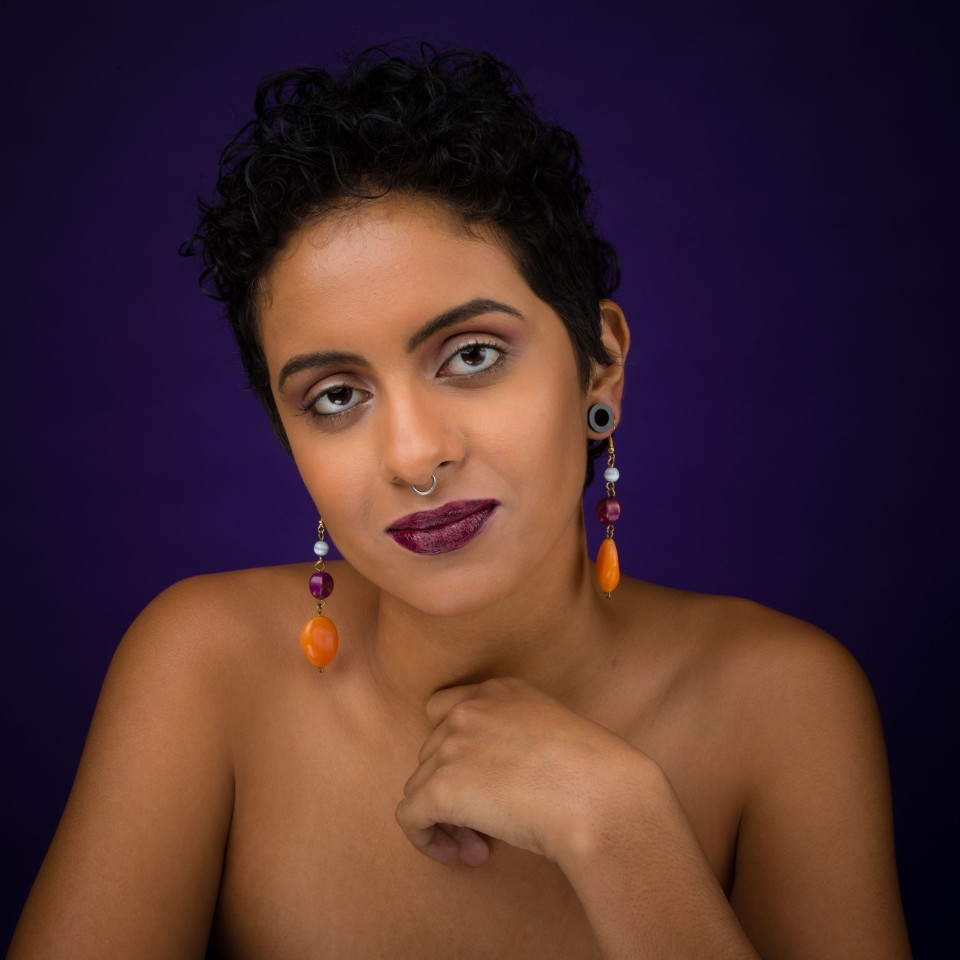
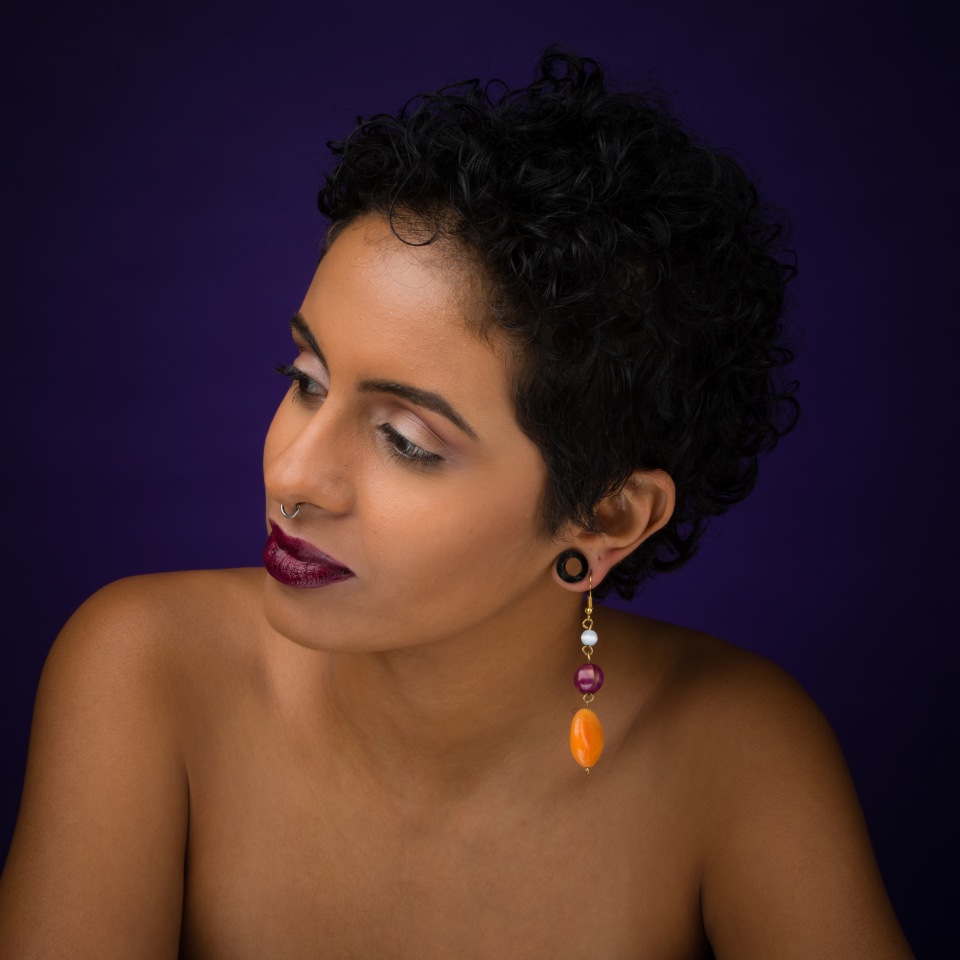
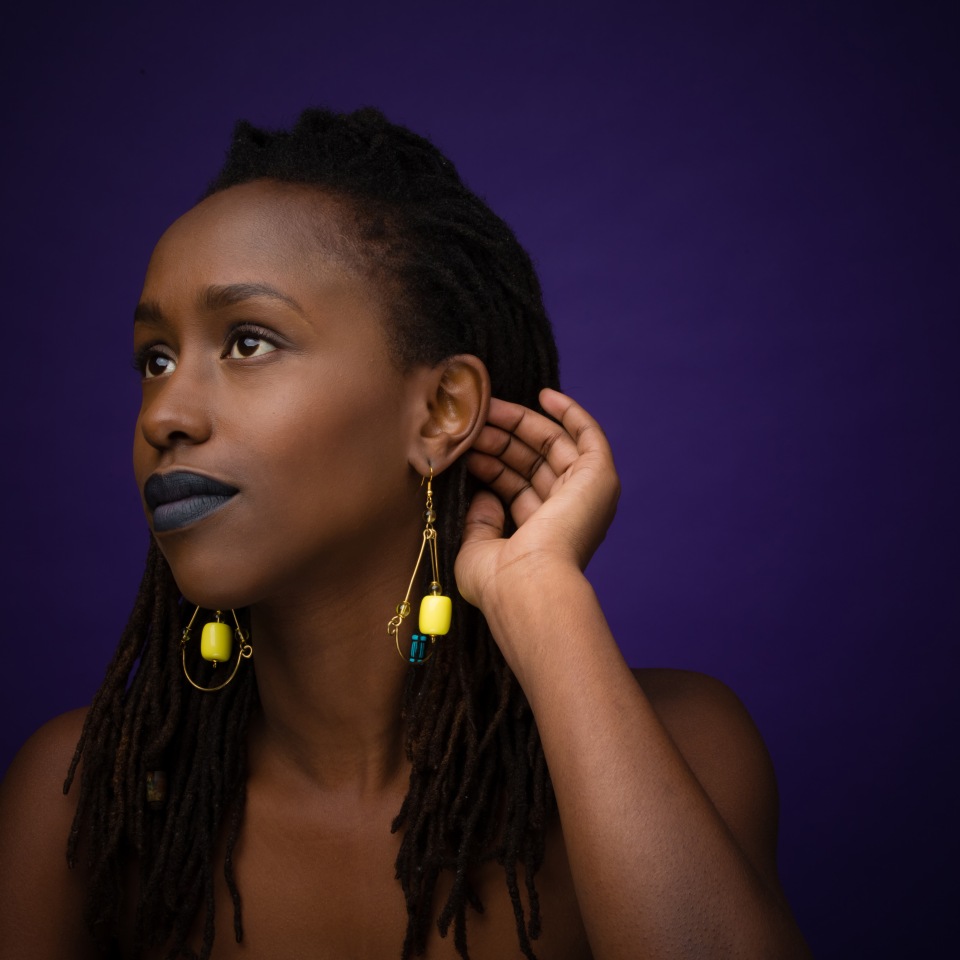
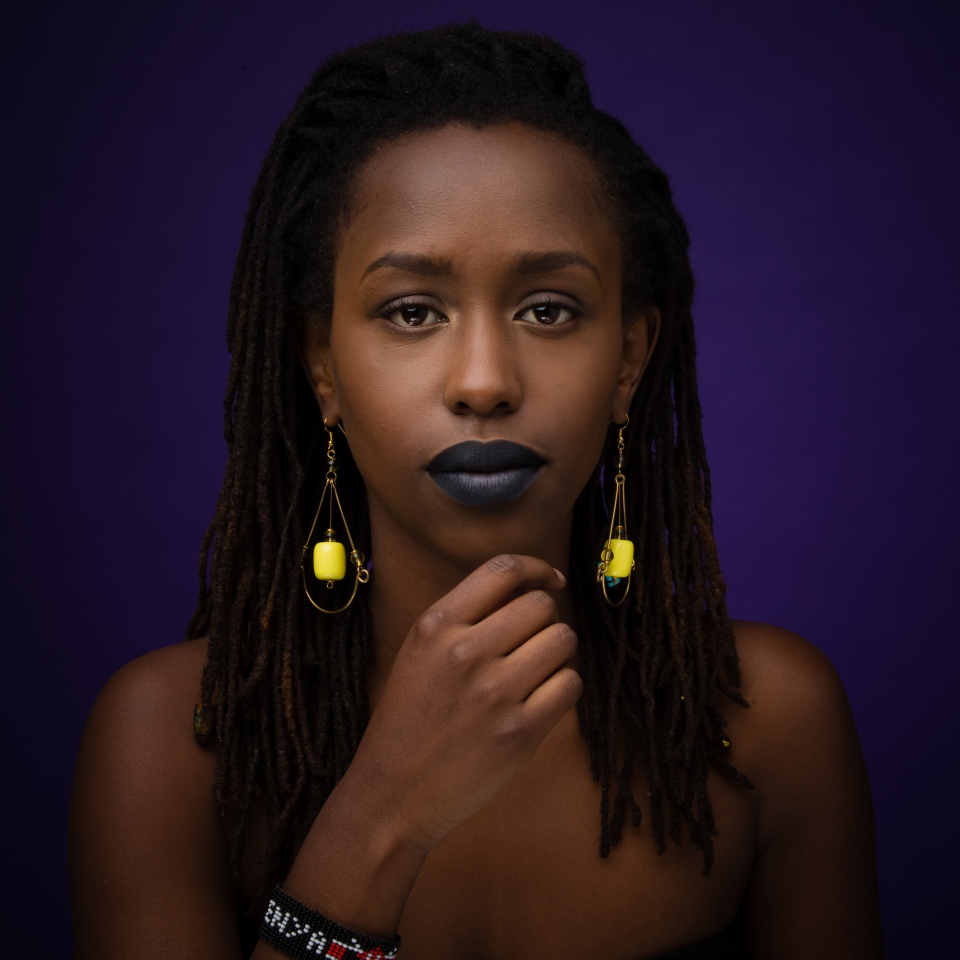
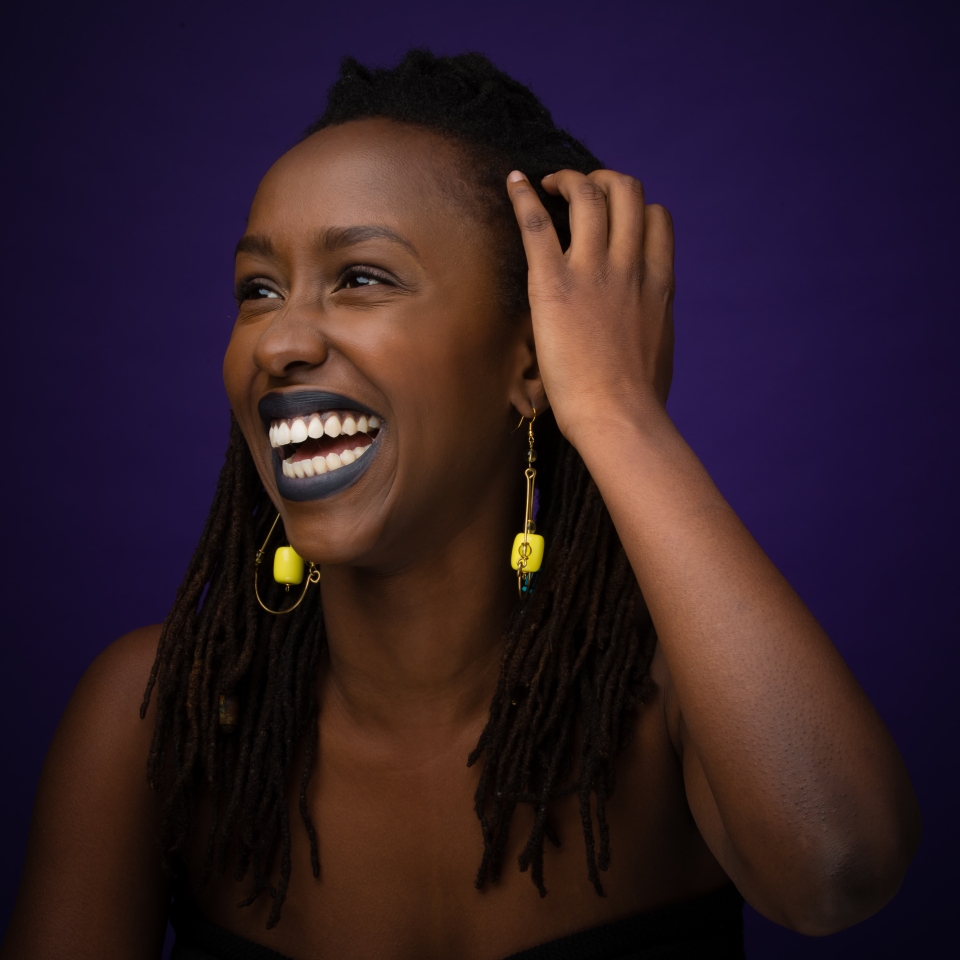
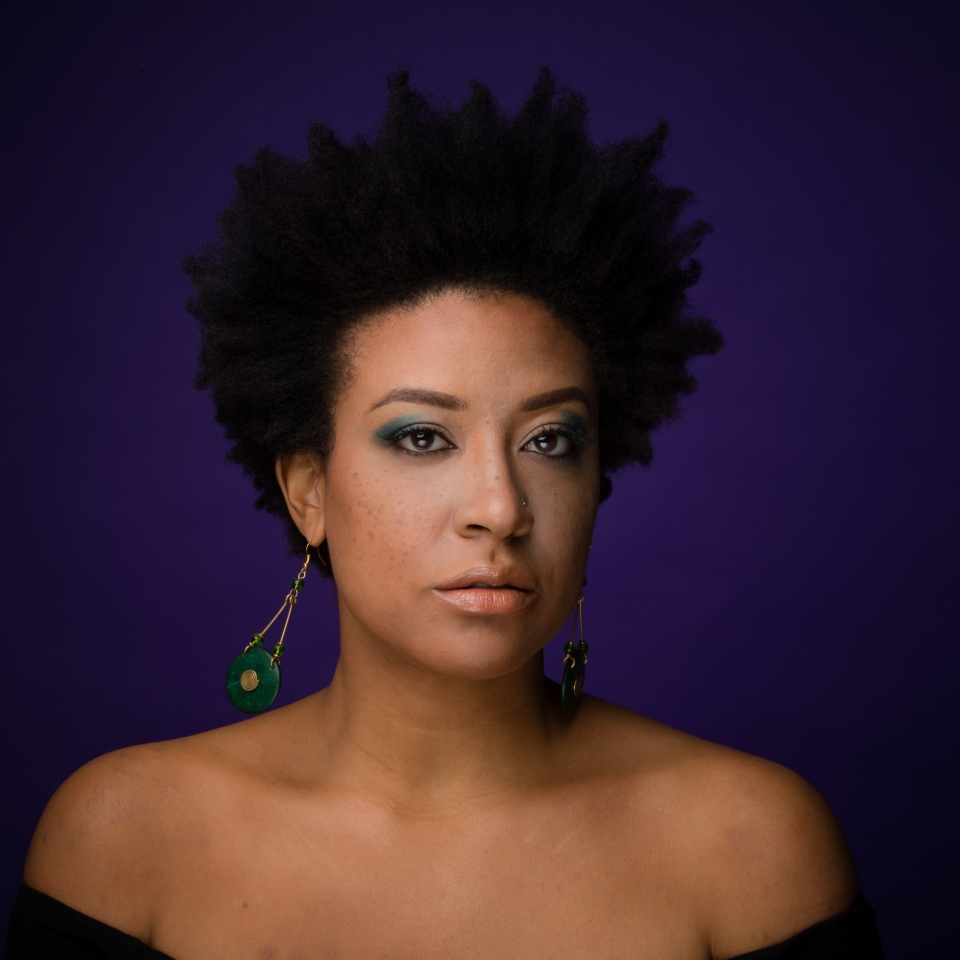
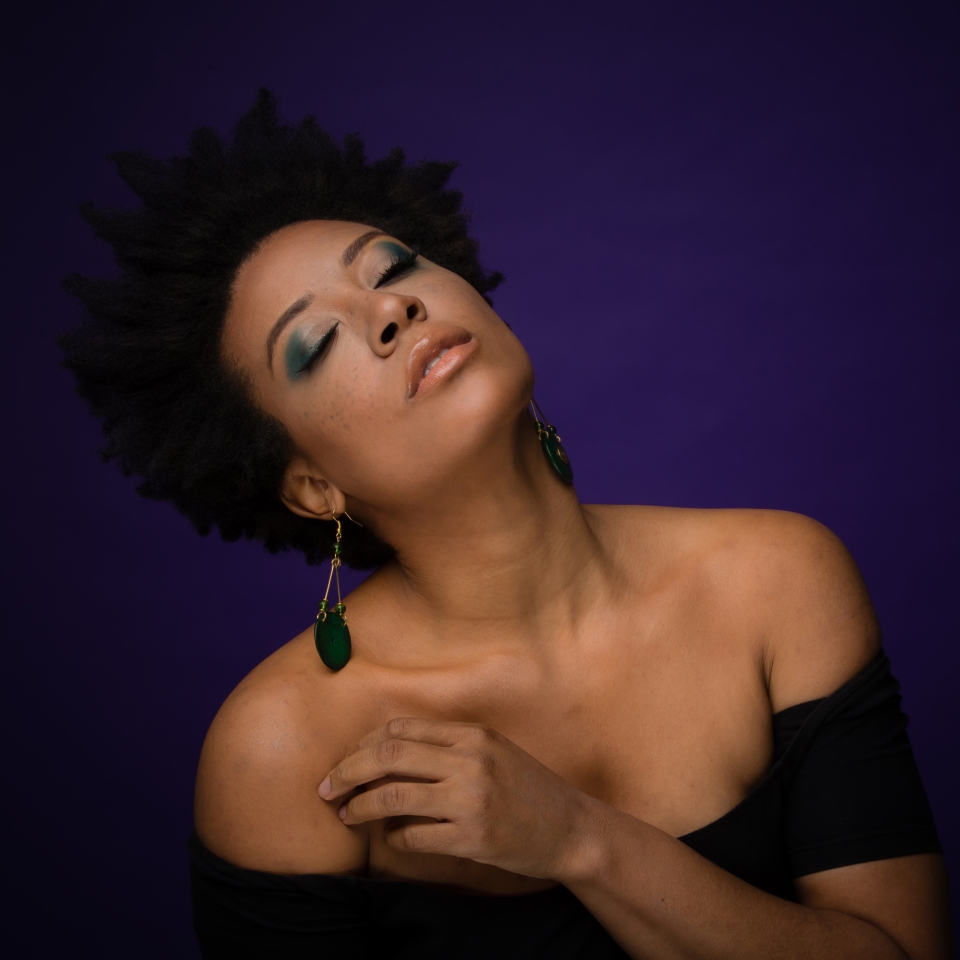

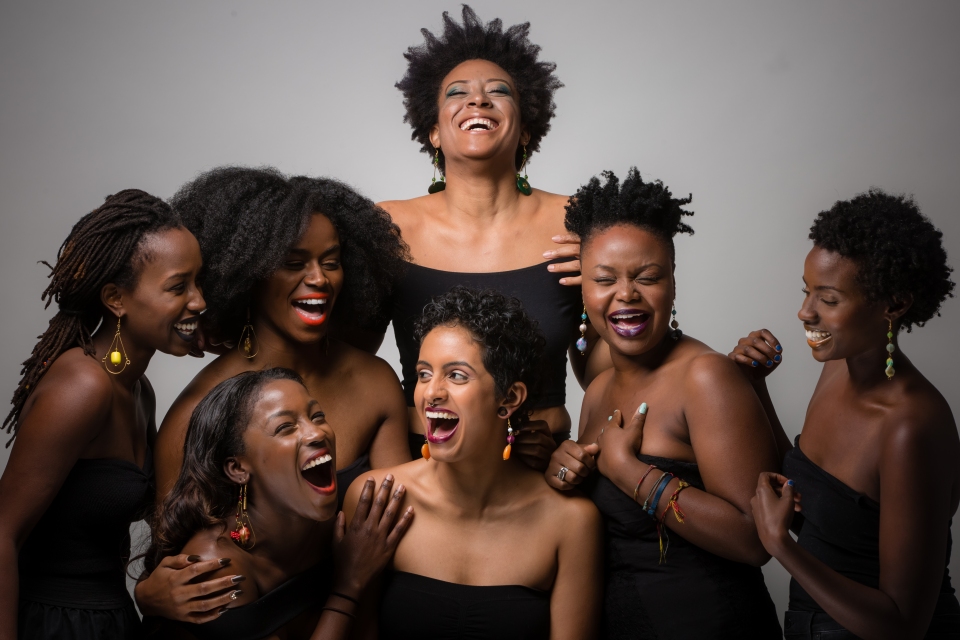
Amazing stories. Incredible pride. Awesome women. Thanks for sharing.
LikeLike
I truly enjoyed reading the stories and the fabulous images of Gus Bennett.
LikeLike
Gorgeous women – beautiful stories. Keep shining, girls. (y)
LikeLike